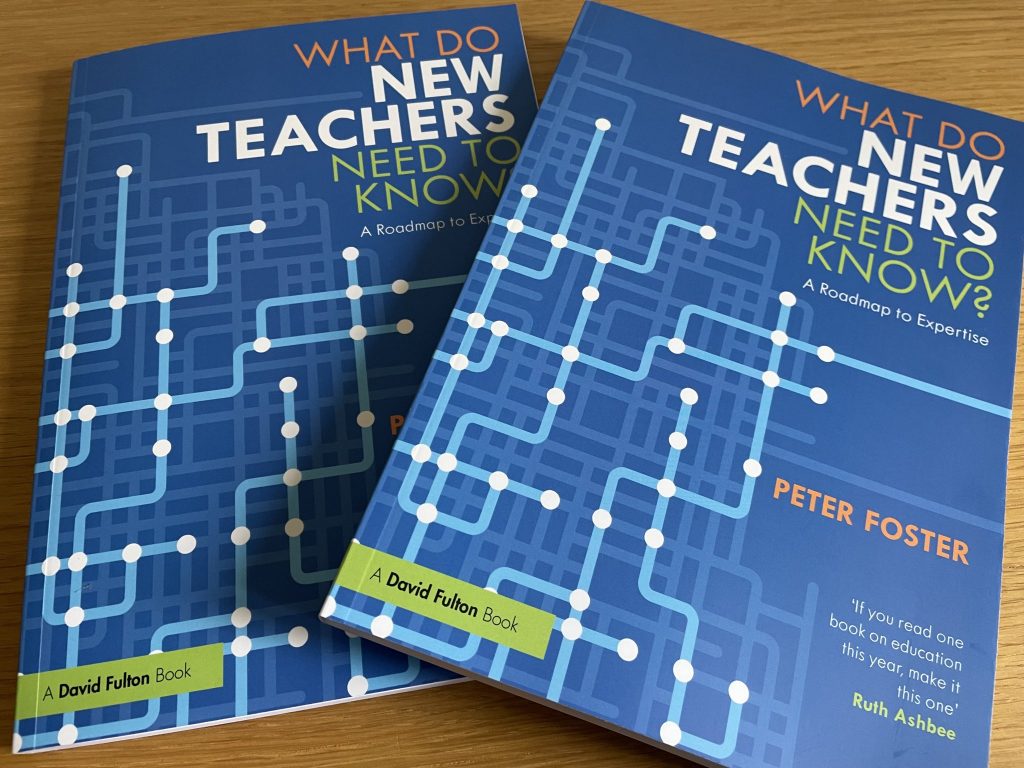The recent civil unrest on our streets is the most serious we have seen since August 2011, when a similar spate of violence and looting occurred following the shooting of Mark Duggan by police in Tottenham. I remember the 2011 riots well, because I had not long moved out of that area of London and the shooting itself plus the events that spiralled out of control following it were a stark reminder that I felt lucky to be out of an area that had seen four murders within one mile of my house during one single year.
Shortly after those riots in 2011, my husband and I found ourselves driving through the tranquil streets of Henley-on-Thames, on our way to visit family. My husband remarked upon the glorious hanging baskets and pointed out that one did not tend to hear of riots reported in the heart of towns which were festooned with floral displays. “That’s clearly the solution!” he cried, banging the steering wheel. “Deploy baskets of petunias immediately to all towns across the UK! They are the frontline in riot-prevention!”
He was joking, of course, and the joke relies on an understanding of the fact that correlation is not causation. I’d be willing to place a bet that the presence of hanging baskets would indeed be a pretty reliable indicator that riots have never taken place in a particular town. Yet it is not – as any sane individual would acknowledge – the presence of the hanging baskets which actually prevents the riots. So why might they be a reliable indicator? Why might the presence of hanging baskets correlate with a lack of riots? Well, one can assume, the sorts of towns that are decorated with hanging baskets are also the sorts of towns that tend not to be a hotbed of civil unrest: hanging baskets tend to be visible in wealthy towns, filled with well-to-do people who are quite happy with their lot in life, thank you very much. I may be way out of line here, but I would venture that the people of Henley-on-Thames – generally speaking – have rather less to feel disgruntled about than the people who inhabit the most deprived parts of London, Manchester and Hartlepool. (Apologies if you’re miserable and living in Henley – I’m sure it’s ghastly).
My husband’s wry suggestion that hanging baskets should urgently be deployed in all UK towns for riot-prevention may seem laughable, but unfortunately this kind of ridiculous action is not unheard of in most walks of life. None of us are immune to mistaking correlation for causation, and the issue of separating the two is the main reason why observational studies make for such weak evidence in medicine and in education. Observational studies are considered to be of a lower standard of evidence than experimental studies: not only can they not be used to demonstrate causality (in other words, they identify correlation but not necessarily causation), they are also more prone to bias and confounding as a result. Studies in the area of human health are notoriously difficult when it comes to the confusion between correlation and causation. For example, there is a direct correlation between poverty and the likelihood of an early death. The exact causation behind this is almost insurmountably complex and relates to a myriad of intersectional, underlying causes.
The tendency for those in power to mistake correlation for causation has been something of a bugbear of mine throughout my career and is responsible in part for the slow creep of increasing workload that is driving teachers out of the profession. Another of my husband’s witticisms, which I suspect can be applied to most professions, is a false syllogism that run as follows: “something must be done, this is something, so let’s do this.” I have lost count of the number of times that this syllogism ran through my head as I listened to management announcing their latest wheeze while the minutes of my available professional time ebbed away. Pretty much every single intervention proposed for Pupil Premium students can be placed in this category. And as for the money … since April 2011, when the Pupil Premium system was introduced, the government has ploughed between £1 and £2 billion per academic year into ring-fenced funding for Pupil Premium students. Despite this, the outcome gap between advantaged and disadvantaged students in our schools has remained roughly the same and indeed has widened since the pandemic. The Pupil Premium system is a total failure.
When it comes to the likelihood of schools being in a position to turn this situation around, I must confess to feeling a little dismal. Schools who do manage to buck the trend are largely ignored, especially if their methods do not suit the political bent and social sensibilities of their critics. This year, the Michaela School achieved over 50% Grade 9s in their GCSEs, despite working with an intake of students in a very deprived area. Michaela’s last Progress 8 score (which measures the input that teaching has had on pupil outcomes) placed the school as the best in the country. More than 90% of their children receive passes in English and Maths GCSEs and more than half of them gain a Grade 7 or above in 5 subjects. Yet still their detractors have nothing positive to say about this, nor any suggestion as to how such outcomes could be matched.
It seems to me that a much more scientific and dispassionate approach is required to prove and replicate outcomes in education. We need to ditch all political bias and look at the evidence with fresh eyes. For until we can make this shift, it seems to me, we will be doing nothing more than adorning the most impoverished streets of our most deprived towns with some hanging baskets and expecting that to solve all of their problems.







